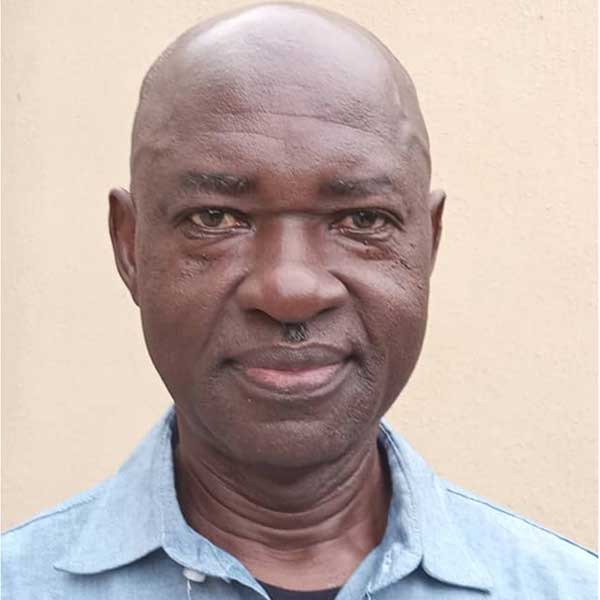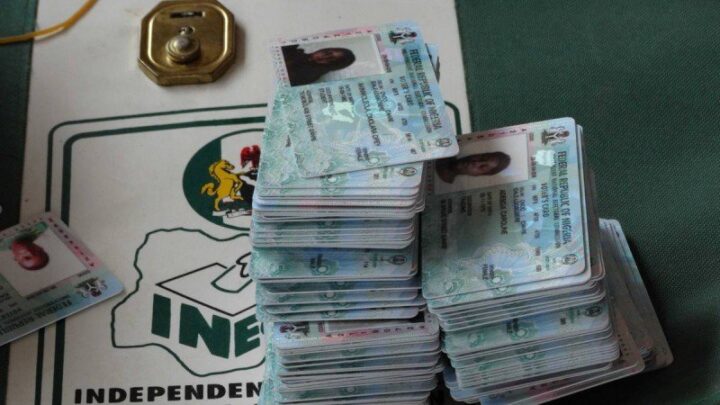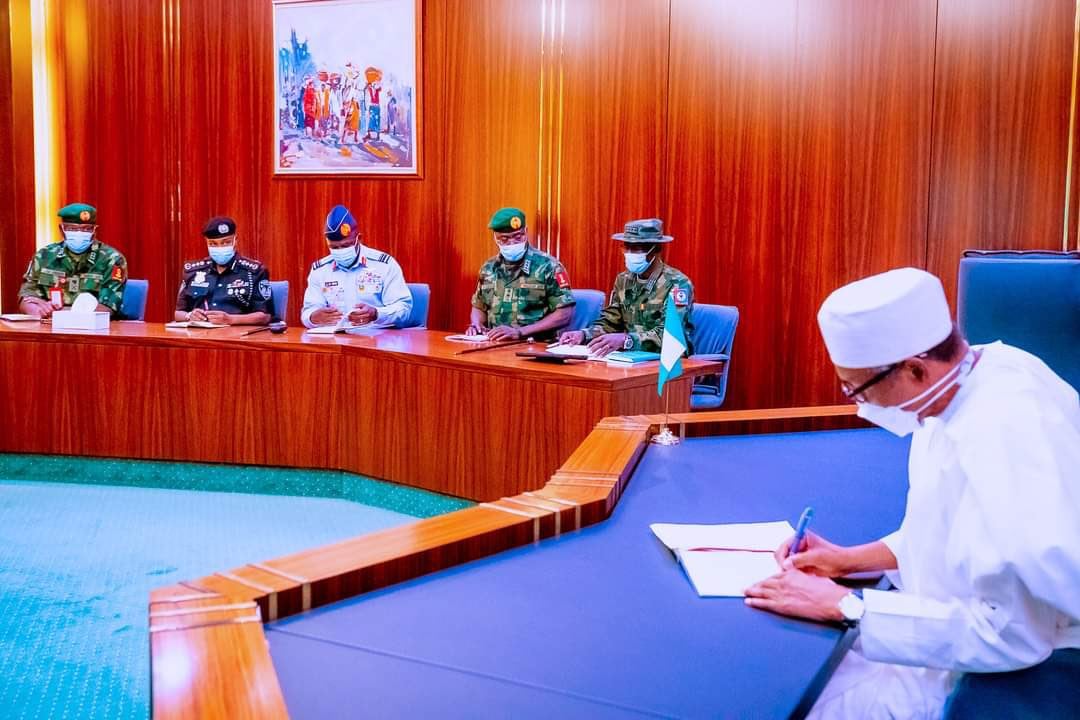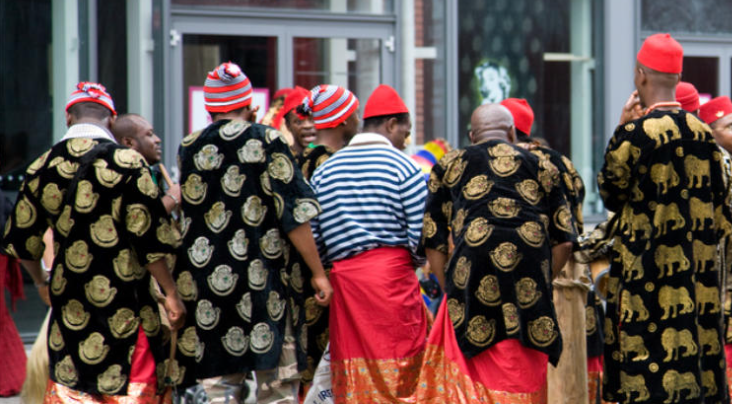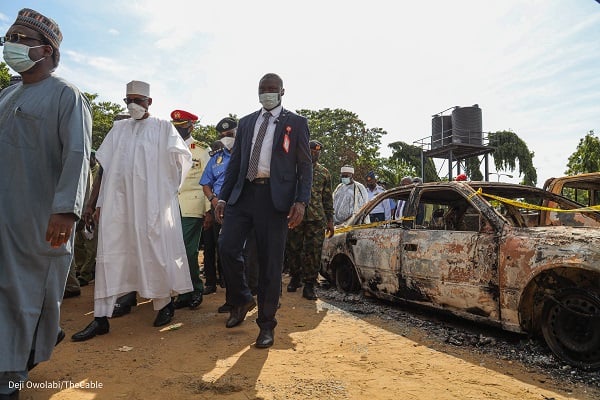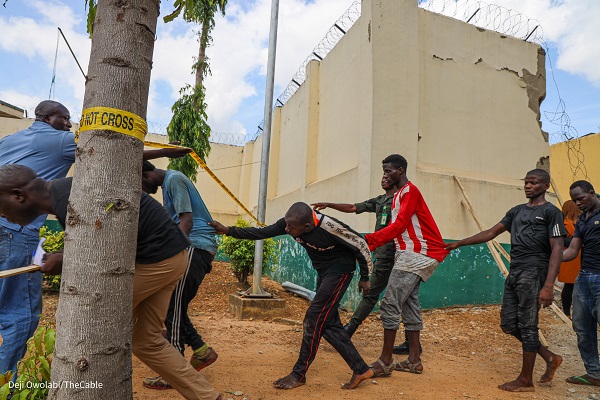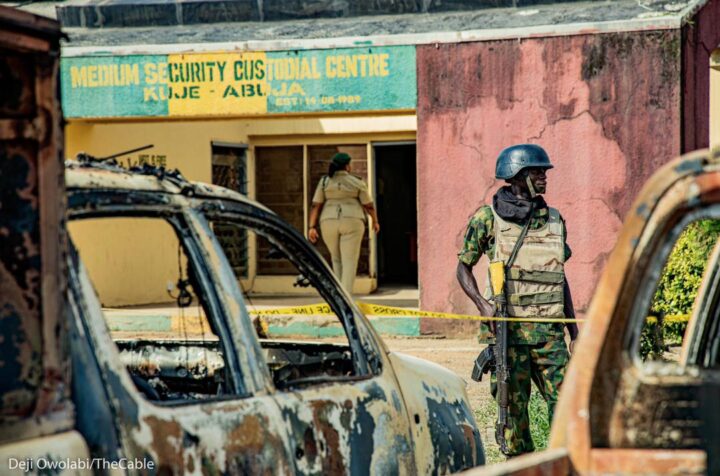Many Nigerians in their mid-forties and above know that these are not the best of times for their once glorious homeland. Those who are younger are equally in various stages of disillusionment, with not much to stimulate their nostalgia. And most do not need more persuasion to come to terms with the severity of the issues plaguing them at the moment. Since 2019, two major phenomena have given governments and people around the globe reasons to worry and be apprehensive about the future. One is the Covid19 pandemic and the other is the raging Russia-Ukraine War. These two have significantly affected, possibly altered, dreams and lifestyles in various parts of the planet, including Nigeria.
What makes our case unique and more painful is that the challenges existed in different phases of neglect, degeneration and mishandling long before those universal threats. The predictable result is the worsening of an already desperate situation. The easiest thing to do is heap all the blame on President Muhammadu Buhari and his team, embrace lamentations, scepticism, cynicism, or, simply succumb to ennui. The criticism aimed at Buhari today is in direct proportion to the expectations that were triggered by his campaigns and subsequent victory at the polls, first in 2015 and later in 2019. He publicly announces repeatedly that he has done his best considering the resources available him. But if the president only thinks of access to funds in assessing his performance, he must add the following to the list of assets at his disposal: his vast experience in Nigeria’s public service at the highest levels, wisdom of an elder statesman, robust competences of millions of his compatriots presenting a deep well of choices and options, and a citizenry that has largely exhibited unusual patience and goodwill towards him to the point of docility. Other advantages are ready for his use even now. Will posterity be kind to President Buhari? Will his actions and inactions now stand the test of time and objective scrutiny?
It is, no doubt, difficult to fault those who argue that time is already up in the life of this administration – with less than one year to its end – to frontally tackle the multi-dimensional obstacles to enhanced welfare of the people, self-actualisation, revived economy, tranquillity and true nationhood. No matter the degrees of frustration felt, looking backwards, though necessary for planning and projecting for tomorrow, could become a huge hindrance to progress. Endlessly pointing fingers at this government or the ruling party is, therefore, not the reasonable path to take. Sadly, successive administrations in Nigeria tend to outdo one another in underperformance, with a dubious culture of castigating the previous one(s). This is one cycle the people themselves must terminate decidedly if they hope to achieve meaningful development in every sphere of life.
One way to do that is to first develop the right brand and volume of anger and channel same promptly and adequately. Right now, aggression is being transferred from victims to fellow victims. For instance, those who have been ignored in the calculations for the provision of social infrastructure are mostly responsible for the pervasive insecurity experienced nationwide in various forms. In very disturbing circumstances, resentment towards people of other faiths snowballs into violence and bloodletting regularly. Distrust for other ethnicities has become commonplace. The national question keeps begging for credible and lasting answers as many Nigerians progressively lose faith in the factors that should bind them together.
Advertisement
In the midst of all this chaos, time is running out, not even for the government of the day but the generality of the citizens. I love making the point that the enormous number of visa-seeking Nigerians notwithstanding, a greater majority will live and die here. That is the stark reality. It also makes the task of salvaging the country both pertinent and inevitable. And the earlier we reconcile our hearts and minds to it, the better. Thinking that the nation will somehow get to a certain promised land without the right push is utopian, but not applying appropriate indignation at our current mediocrity and collective misery would result in herd failure, something that would jeopardise the chances of generations to come. From the currency that has become a pariah, to an anaemic public university system, to an over saturated job market, to grossly inadequate interventions of security organisations, and other yawning gaps, the stage is ripe for the outburst of positive fury.
I was once asked on national television during the Arab springs if I expected Nigerians to invade the streets and carry out prolonged protests against their government. My response was unequivocal: “Nigerians are not Arabs. Concerted, consistent and open fight for national causes is not in our nature. We love life.” I have been hoping to be proved wrong. Perhaps, the current mad rush for Permanent Voter’s Card (PVC) is an indication that the era of pliancy, of endlessly wishing for things to change on their own, of watching helplessly while political leaders squander common wealth and opportunities, may soon end. Just maybe. It had better be as there is really no viable alternative to democracy, even as we struggle with the practicality of this system of government. Military intervention in politics should be finally gone for good, justifiably. With the passing of time, Nigerian soldiers in positions of power have clearly not fared better than their civilian counterparts.
Under the watch of the present generation of Nigerians, a country that was once a pride of Africa and threat to the hegemony of the advanced world has been sliding unchecked in virtually all indices of decent living and modern attainments. Countless gun-wielding non-state actors have continued to invade many communities, shattering the lives of the people in the process, with feeble or no resistance. Food security, taken for granted not long ago, is now truly endangered. Being dissatisfied with those conditions should not be in contention at all. In the face of all these cruel realities, blaming an over-indulged political class continually is both defeatist and destructive.
Advertisement
Iconic German playwright, poet and theatre director, Bertolt Brecht (1898-1956), was right: “The worst illiterate is the political illiterate. He hears nothing, sees nothing; takes no part in political life. He doesn’t seem to know that the cost of living, the price of beans, of flour, of rent, of medicines all depend on political decisions. He even prides himself on his political ignorance, sticks out his chest and says he hates politics. He doesn’t know, the imbecile, that from his political non-participation comes the prostitute, the abandoned child, the robber and, worst of all, corrupt officials, the lackeys of exploitative multinational corporations.” This description should not fit average Nigerians as next year’s general polls approach.
The annoyance so often misplaced and wrongly transferred should be harnessed for well-targeted agitations to accomplish national transformation. The forthcoming presidential election, especially, provides an opening for the genuine manifestation of people power. Incumbency which is usually a strong influence in the outcomes of the exercise will now subsist only in party, not the individual occupying the seat. The deceitful and divisive grounds of region, religion and ethnicity must be discarded this time as they are apparently employed by politicians in their selfish and insatiable quest for riches and dominance at the expense of the populace. “Our mumu don do,” as they say.
Dr Ekpe is a member of THISDAY Editorial Board
Advertisement
Views expressed by contributors are strictly personal and not of TheCable.
Add a comment
